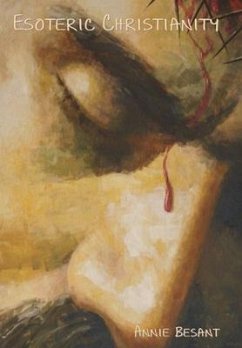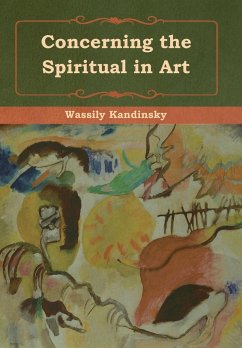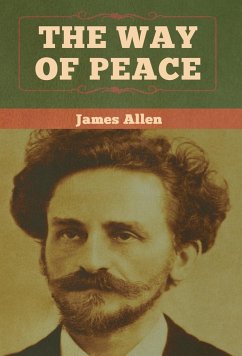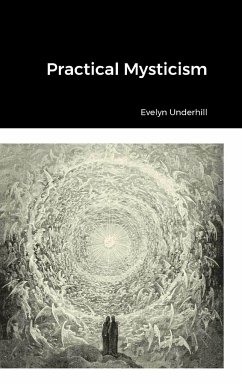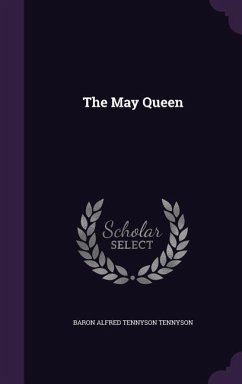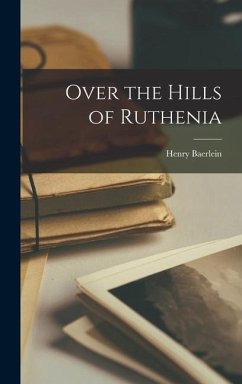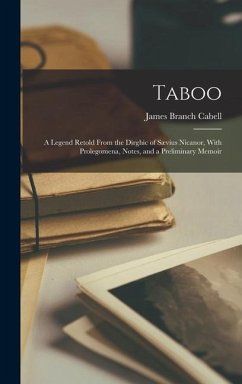
The Madman
His Parables and Poems
Versandkostenfrei!
Versandfertig in über 4 Wochen
21,99 €
inkl. MwSt.

PAYBACK Punkte
11 °P sammeln!
Khalil Gibran (January 6, 1883 – April 10, 1931) was a Lebanese-American writer, poet, visual artist and Lebanese nationalist. Though born a Maronite, Gibran was influenced not only by his own religion but also by Islam, and especially by the mysticism of the Sufis. His knowledge of Lebanon's bloody history, with its destructive factional struggles, strengthened his belief in the fundamental unity of religions, which his parents exemplified by welcoming people of various religions in their home. Connections and parallels have also been made to William Blake's work, as well as the theological...
Khalil Gibran (January 6, 1883 – April 10, 1931) was a Lebanese-American writer, poet, visual artist and Lebanese nationalist. Though born a Maronite, Gibran was influenced not only by his own religion but also by Islam, and especially by the mysticism of the Sufis. His knowledge of Lebanon's bloody history, with its destructive factional struggles, strengthened his belief in the fundamental unity of religions, which his parents exemplified by welcoming people of various religions in their home. Connections and parallels have also been made to William Blake's work, as well as the theological ideas of Walt Whitman and in Ralph Waldo Emerson such as reincarnation and the Over-soul. Themes of influence in his work were Islamic/Arabic art, European Classicism (particularly Leonardo Da Vinci) and Romanticism (Blake and Auguste Rodin), the pre-Raphelite Brotherhood, and more modern symbolism and surrealism. Gibran had a number of strong connections to the Bahá'í Faith starting around 1912. One of Gibran's acquaintances, Juliet Thompson, reported several anecdotes relating to Gibran. She recalled Gibran had met 'Abdu'l-Bahá, the leader of the religion at the time of his journeys to the West Gibran was unable to sleep the night before meeting him in person to draw his portrait in April 1912 on the island of Manhattan. Gibran later told Thompson that in 'Abdu'l-Bahá he had "seen the Unseen, and been filled". Gibran began work on the book The Prophet, in 1912 when "he got the first motif, for his Island God" whose 'Prometheus exile shall be an Island one."In 1928, after the death of `Abdu'l-Bahá, at a viewing of a movie of `Abdu'l-Bahá, Gibran rose to talk and proclaimed in tears an exalted station of `Abdu'l-Bahá and left the event weeping still. (wikipedia.org)



